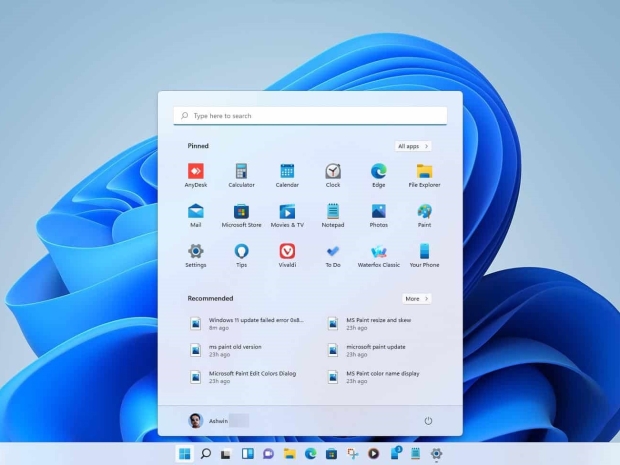However, Rufus 3.16, has worked a way around for those wanting to bypass the TPM 2.0 and Secure Boot restrictions during a clean installation of Windows 11. The upcoming version, Rufus 3.18, will also allow you to bypass the restrictions for in-place upgrades.
Basically, it means that with a clean installation, you can install Windows 11 on a blank or formatted storage media.
In-place upgrades have been a feature of updating the Windows operating system since Windows 7, but the release of Windows 11 was the first time the requirements were made so restrictive. As Microsoft now handles the in-place upgrade, they can impose complex restrictions for the user.
In the current stable version of Rufus is 3.17, but you can find the download link to version 3.18 on the Other Versions section of the official Rufus website.
To be fair the reasons Vole gives for imposing the installation and upgrade restrictions seem perfectly valid but it is a major irritation for those who want to use Windows 11 but can’t because their machine is slightly older or their motherboard doesn’t support TPM 2.0.
The process for creating bootable media to bypass the TPM and Secure Boot restrictions with Rufus remains the same for in-place upgrades as it is for a clean installation.
Rufus is a free utility, developed by a team of one, and doesn’t follow a strict release schedule. The Changelog for version 3.18 isn’t huge, so it may only be in Beta for a relatively short time. However, putting an exact release date on it is currently not possible.




